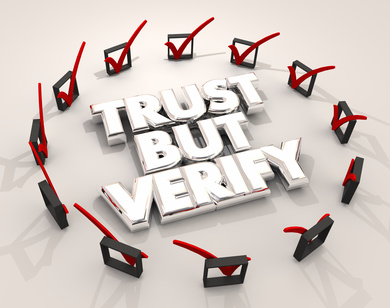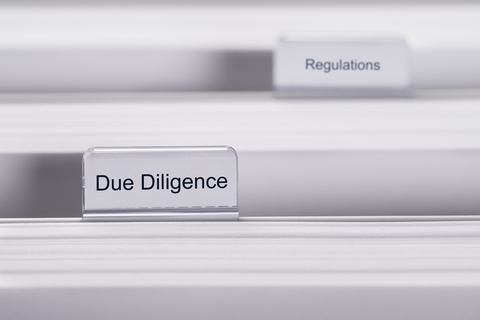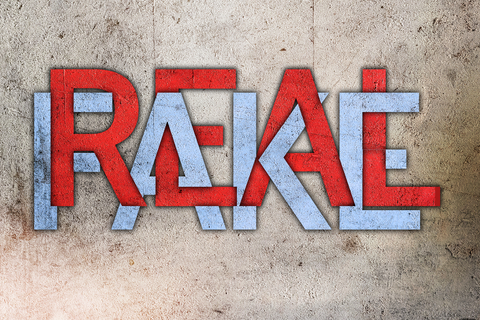Hedge fund due diligence investigations FAQ
As a private investigator, my area of specialty is fraud. I help my clients spot it and prevent it. One way I do this is with hedge fund due diligence background investigations.
Through the years, I’ve been asked a lot about hedge fund background investigations and what’s involved, and I’ve discovered that there are lots of misconceptions and stereotypes about hedge funds, the people running them, and what I do for my clients. In light of that, I’ll answer some of those questions here:
What’s a hedge fund?
According to Investopedia, hedge funds are “private investments that are only available to accredited investors…,” and they are “…known for using higher risk investing strategies with the goal of achieving higher returns for their investors.” Mutual funds, on the other hand, are regulated investment products that are available to the public.
Why conduct due diligence background investigations?
To help minimize the higher risk involved with hedge funds, investors rely on due diligence. In addition to conducting their own financial, legal, and other types of due diligence, clients use an investigator to look into the fund investment manager, including the company and key individuals. During the background check, we look at past and current behavior and any potential for fraud.
What’s involved in these types of background investigations?
Depending on the level of risk and the stage of the investment, we may look at watchlists, degrees, credentials, corporate filings, civil and criminal courts, regulatory records, property and other assets, and liens and other financial liabilities. We verify supplied information and uncover anything relevant that wasn’t disclosed. We’re looking for fund managers that are too distracted to focus on client investments, any past fraud, and other red flags.
What kinds of resources do you use?
We use a combination of free and fee-based sources for online public records, news, social media, and non-public private information available only to investigators and others with a legitimate need. We’re looking for addresses, court dockets, property records, and other open sources. Premium databases include LexisNexis, Tracers, ProQuest Dialog, and Dow Jones Factiva, just to name a few.
What makes hedge fund due diligence investigations so unique?
With these types of backgrounds, we don’t need to locate anyone or conduct any stealth investigations. Our subjects generally know we’re conducting a background investigation, and they’ve even signed a consent form. With most other types of investigations, we’re starting from scratch, with very little information to go on. For hedge fund due diligence, our subjects will supply date of birth and other identifying information, a CV or bio, fund marketing info, and a due diligence questionnaire.
Do you find lots of crooks?
Actually, no. For the most part, we hardly see any red flags or other warning signs besides the occasional tax lien or unverifiable degree. Most fund managers pass the background check just fine, although I sometimes recommend additional research or encourage clients to ask for more details.
Do you tell your clients whether to invest or not?
That’s not my area of expertise. My job is to present the facts and let my clients decide. In fact, I never know what happens after I’ve sent in the report and answered their questions–except that time when we caught our subject in a lie, and the client called to say thanks for helping them avoid a bad investment.
Do you have any other questions about hedge fund due diligence?



